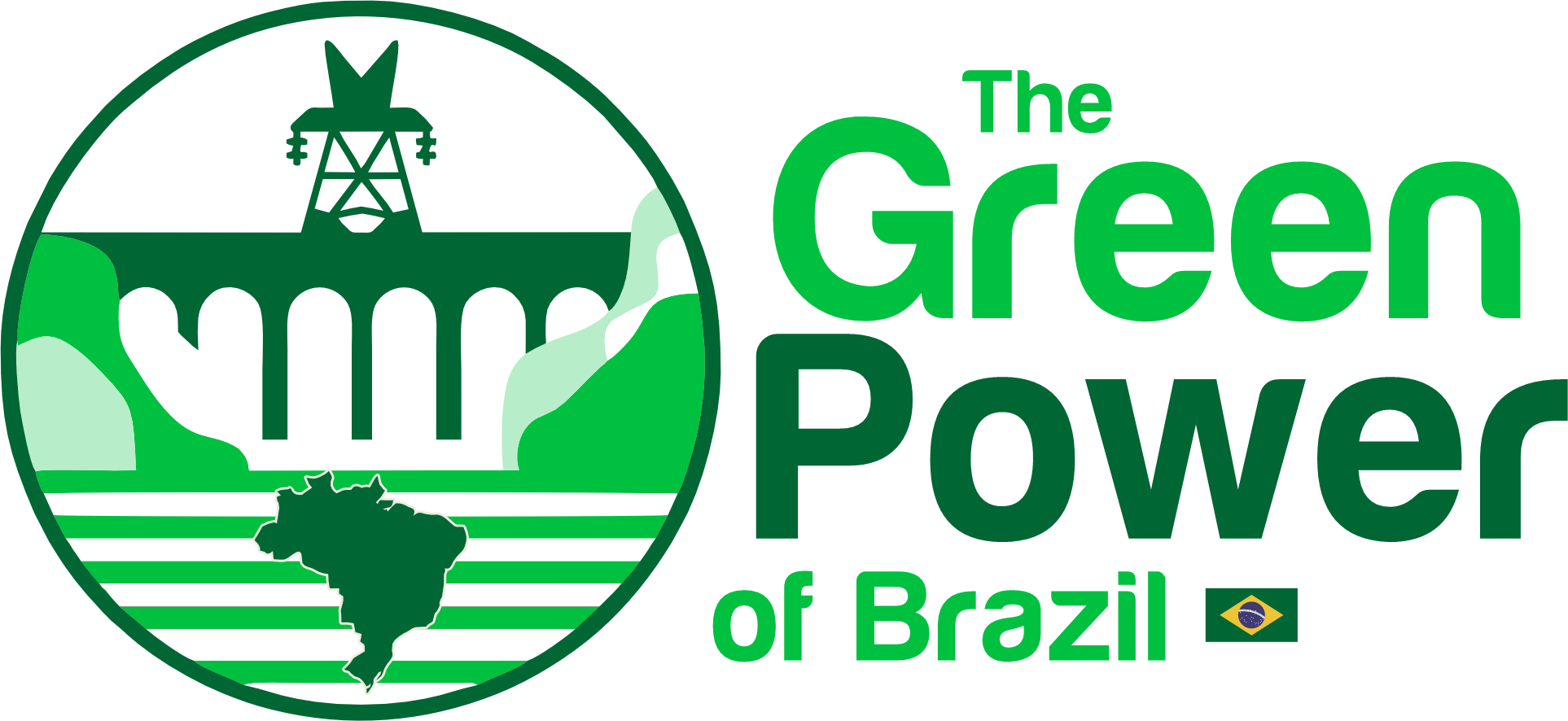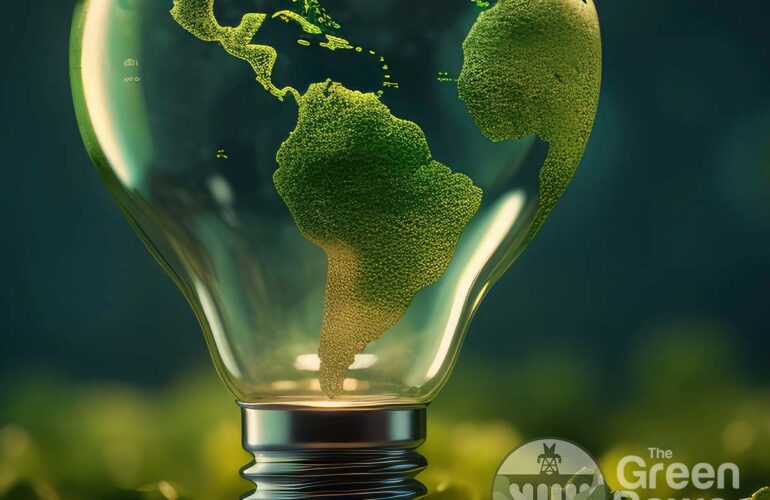As the world grapples with the escalating effects of climate change, the carbon credit market has emerged as a beacon of hope for sustainable development and economic growth. Brazil, with its vast natural resources and commitment to environmental preservation, stands at a pivotal moment in this burgeoning market. The potential for investment in Brazil’s carbon credit market is immense, and the time to act is now.
Understanding Carbon Credits
Carbon credits represent a permit allowing the holder to emit a certain amount of carbon dioxide or other greenhouse gases. When companies reduce their emissions below their allocated limit, they can sell their excess credits to other companies that are struggling to meet their targets. This market-based approach incentivizes reductions in greenhouse gas emissions, promoting innovation and investment in green technologies.
Brazil’s Abundant Resources
Brazil is home to the Amazon Rainforest, often referred to as the “lungs of the planet.” This rich biodiversity not only plays a crucial role in carbon sequestration but also offers a unique opportunity for the carbon credit market. The Brazilian government has made strides in deforestation reduction and sustainable land management, which are essential for fostering a robust carbon credit economy. According to the Brazilian Ministry of the Environment, initiatives to protect and restore forests can generate significant carbon credits, positioning Brazil as a leader in this sector.
A Growing Market
The global carbon credit market is projected to grow exponentially in the coming years. According to a report by Research and Markets, the global carbon market is expected to exceed $200 billion by 2030. Brazil, as a major player in this market, can tap into increasing demand from international corporations seeking to offset their carbon footprints. Companies worldwide are looking for credible carbon offset opportunities, and Brazilian projects, due to their ecological integrity and social impact, are particularly appealing.
Investment Opportunities
Investors are becoming increasingly aware of the potential returns in the carbon credit market. Brazil offers attractive investment opportunities in various sectors, including forestry, agriculture, and renewable energy. Projects that focus on reforestation, sustainable agriculture practices, and clean energy initiatives not only contribute to carbon sequestration but also provide economic benefits to local communities.
The World Bank’s BioCarbon Fund has already initiated projects in Brazil, supporting sustainable land use and reforestation efforts. These projects demonstrate the viability of carbon credit investments and signal to investors that Brazil is serious about its environmental commitments.
Supporting Infrastructure
The Brazilian government is also actively working to create a supportive regulatory framework for the carbon credit market. Initiatives such as the National Policy on Climate Change and the establishment of a carbon market platform are crucial steps toward fostering a conducive environment for investment. By providing clarity and stability, these policies encourage both domestic and foreign investors to explore opportunities in Brazil’s carbon market.
The time to invest in Brazil’s carbon credit market is now. With proactive measures and strategic investments, Brazil can lead the way in sustainable development, paving the road toward a greener future for generations to come.
Sources:




